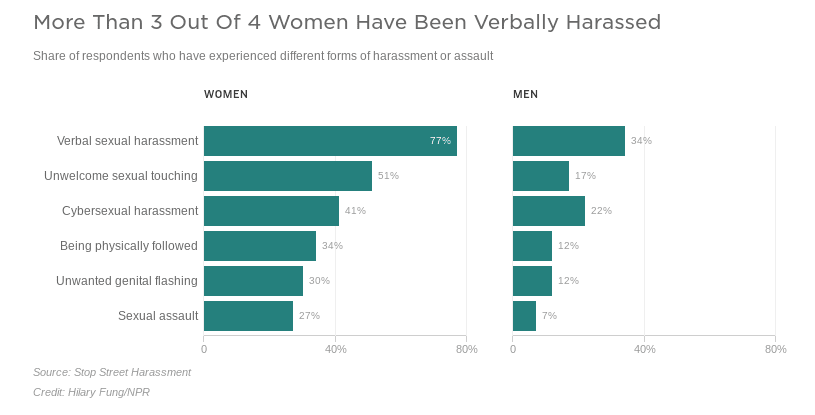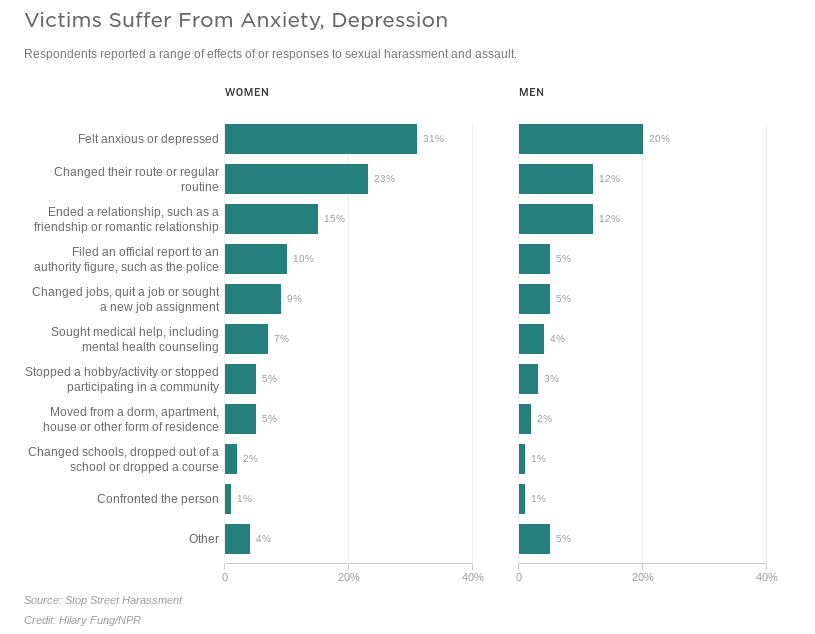Sexual harassment in the workplace is inappropriate and unlawful. Regrettably, many employers do not take such matters seriously and do not take appropriate measures to prevent, investigate, and stop sexual harassment. Employees may also be subject to unlawful retaliation for reporting harassment claims. Employees who have been forced to endure sexual harassment or who have been subjected to retaliation should discuss their situation with one of our skilled attorneys to determine their legal options. Employers who need assistance in preventing, investigating, or defending sexual harassment claims should also contact McOmber McOmber & Luber, P.C. for a consultation.
Based in Red Bank, NJ, and Marlton, NJ, and representing clients throughout New Jersey, our employment lawyers provide skilled legal counsel in sexual harassment and hostile work environment matters. Because our lawyers have experience assisting both employees and employers in a wide range of sexual harassment, hostile workplace environment, and other employment matters, we offer unique insight and perspective to our clients.
Berlin Community
Berlin is small borough in Camden County, NJ with under 8,000 residents. This small town has many pubs, restaurants, and shops for residents and visitors to enjoy. Employees working in Berlin may be subjected to sexual harassment in the workplace during their employment.
What Is Considered Sexual Harassment In The Workplace In Berlin?
According to the U.S. Equal Employment Opportunity Commission, as well as the New Jersey Law Against Discrimination (NJLAD) (N.J.S.A. 10:5-3 et seq.), sexual harassment in the workplace can include unwelcome sexual advances, requests for sexual favors, and other verbal or physical harassment of a sexual nature. The harassment can occur between two people of any gender, and can be initiated by an employer, co-worker, supervisor, client, or customer.
The harassment does not necessarily have to be sexual in nature and can include offensive remarks related to the person’s sex. One-time comments and minor isolated incidents are not specifically prohibited by the law, but can turn into sexual harassment if they become frequent, severe, create a hostile work environment, or lead to the victim being terminated, demoted, or otherwise affected.
Am I Being Sexually Harassed At Work In Berlin?
Sexual harassment in the workplace is a form of gender discrimination that can include a wide range of behaviors or mistreatment, including but not limited to:
- Treating employees of a certain gender differently, such as paying them less or failing to promote them.
- Making unwelcome innuendos, jokes or conversation that make a person of a certain gender or orientation feel uncomfortable.
- Objectifying an employee based on their appearance.
- Sending emails or images of a sexual nature.
- Making unwanted physical contact such as patting, touching, or rubbing.
- Subjecting persons of a certain gender to increased scrutiny, criticism, and harassment, or otherwise making their workplace uncomfortable.
- Sexual advances or propositions, including suggestions of trading advancement for sexual favors, commonly known as quid pro quo harassment.
- Verbal or physical abuse.
- Using sexist slurs or comments.
- Terminating or disciplining an employee in retaliation for making a complaint about sexual harassment.
Nini v. Mercer County Community College, 202 N.J. 98, 109 (2010); Lehmann v. Toys ’R’ Us, Inc., 132 N.J. 587, 600 (1993) .
Sexual harassment decreases workplace morale, diminishes the dignity of employees, and can cause significant damage to the personal well-being and career of a harassed employee. Sexual harassment victims may suffer economic damages, such as lost past and future wages, and may also suffer significant emotional damages such as anxiety, depression, humiliation, shock, sleeplessness, and post-traumatic stress disorder (PTSD). Fearful of losing their jobs, many victims endure the abuse. For this reason, sexual harassment is significantly under reported.
What Should Employees Do If They Feel Sexually Harassed in Berlin?
Under the New Jersey Law Against Discrimination (NJLAD) and other federal statutes, your employer has a responsibility to prevent, investigate, and properly address sexual harassment complaints. If you have been subjected to harassment, the individual harasser and your employer may be responsible to compensate you for economic damages and your pain and suffering.
If harassment occurs, it is important to take detailed notes. This documentation can help with your sexual harassment claim. These records should include details such as:
- The nature of the harassment.
- When the harassment took place.
- Who was involved.
- The location of the harassment.
- If there were any witnesses.
In addition to keeping records of the harassment, it is also important to take the following actions:
- Tell the harasser that their actions are making you uncomfortable and ask them to stop.
- If the harassment continues, inform your manager and consult your employee handbook for information about formal complaints.
- Consult a New Jersey sexual harassment lawyer.
Retaliation After Sexual Harassment In The Workplace in Berlin
Employees should not have to fear speaking out against harassment. It is illegal for any employer to terminate, discipline, or otherwise retaliate against an employee who reports, complains, files a charge, or participates in an investigation regarding sexual harassment. This applies to both internal and EEOC claims. If you complained about harassment and were fired, denied privileges, or demoted as a result, you may be able to file a separate retaliation charge.
N.J.S.A. §10:5-12(d); Craig v. Suburban Cablevision, Inc., 140 N.J. 623, 639-630 (1995).
How Common Is Sexual Harassment?
According to recent surveys and statistics, sexual harassment in the workplace is more common than once thought. With the rise of the #MeToo movement, victims have reported repeated instances of sexual harassment in the workplace, spanning decades and across a spectrum of industries. The statistics speak for themselves:


Representing Employers In Berlin Sexual Harassment Claims
Employers need to take sexual harassment seriously, have effective policies, and strictly enforce these policies. Ignoring problems, minimizing employee complaints, failing to perform thorough investigations, or failing to take proper remedial action can create substantial liability for supervisors and employers.
Employers can avoid liability for sexual harassment if they can prove that:
- They took steps to prevent or correct the harassment.
- The employee did not heed or take advantage of their attempts to prevent or correct the harassment.
Our attorneys provide guidance to minimize potential risk and exposure. Our firm can help employers create employee handbooks and policies, provide a clear understanding of employment laws, and help companies avoid future employment law claims.
Our firm is highly experienced at helping employers create and implement effective harassment and anti-discrimination policies. We also specialize in investigating employee complaints, helping to implement remedial plans and vigorously defending claims when necessary. Any employer or individual accused of harassment or allowing harassment to occur should contact McOmber McOmber & Luber, P.C. at the earliest opportunity for a free consultation.

